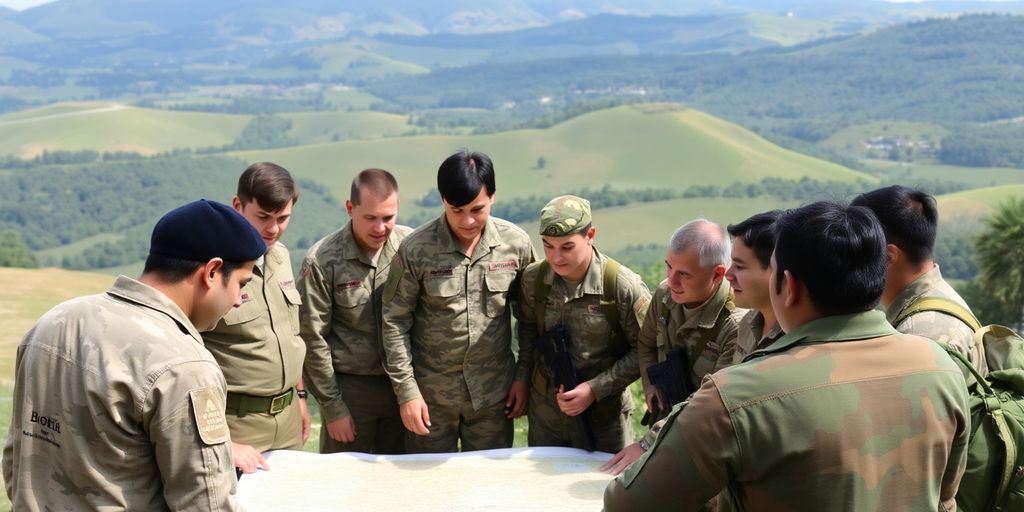The European Union has officially taken command of its military operation in Bosnia and Herzegovina, marking a significant step in the region’s ongoing peacekeeping efforts. This transition aims to enhance stability and security in a country still recovering from the scars of war. The EU Force Command will oversee various operations, ensuring that peace is maintained and that the local authorities are supported in their efforts to build a sustainable future.
Key Takeaways
- The EU has assumed command of its military operation in Bosnia and Herzegovina.
- This move is part of ongoing efforts to stabilize the region post-conflict.
- The EU Force Command will support local authorities in peacekeeping and security operations.
Background of the EU Mission
The EU’s involvement in Bosnia dates back to the aftermath of the Bosnian War, which ended in 1995. The EU Force, known as EUFOR, was established to ensure a safe and secure environment in the country. Over the years, the mission has evolved, adapting to the changing political and security landscape.
Objectives of the EU Force Command
The primary objectives of the EU Force Command in Bosnia include:
- Maintaining Peace and Security: Ensuring that the fragile peace established after the war is upheld.
- Supporting Local Authorities: Assisting local law enforcement and government bodies in their efforts to maintain order.
- Promoting Stability: Working towards a stable political environment that fosters economic growth and social cohesion.
Recent Developments
The transition of command to the EU Force Command comes at a time when Bosnia faces various challenges, including political instability and economic difficulties. The EU aims to address these issues through:
- Increased military presence to deter potential conflicts.
- Enhanced training programs for local security forces.
- Collaboration with international organizations to provide humanitarian aid and support.
Challenges Ahead
Despite the positive steps taken, the EU Force Command will face several challenges, including:
- Political Fragmentation: The complex political landscape in Bosnia, characterized by ethnic divisions, poses a significant hurdle.
- Economic Struggles: High unemployment rates and economic stagnation can lead to social unrest.
- Public Perception: Gaining the trust of the local population is crucial for the success of the mission.
Conclusion
The EU Force Command’s assumption of control in Bosnia represents a renewed commitment to peace and stability in the region. As the EU continues to support local authorities and address ongoing challenges, the hope is that Bosnia and Herzegovina can move towards a more secure and prosperous future. The international community’s involvement remains vital in ensuring that the lessons of the past are not forgotten and that peace is maintained for generations to come.






